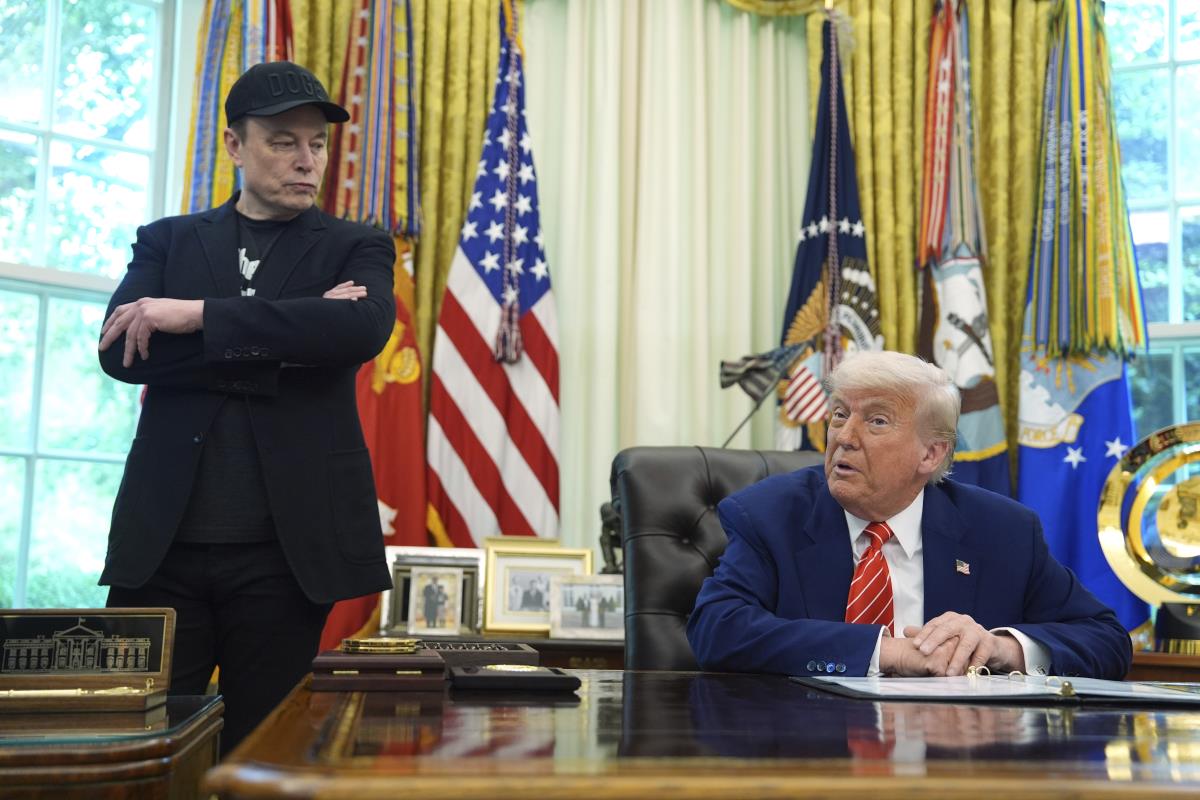The main topic of the article is the conflict between Donald Trump and Elon Musk that escalated over Jared Isaacman’s nomination for NASA. Trump discovered that Isaacman had been donating to the Democratic Party, which caused his frustration and sharp criticism towards Musk and Isaacman. The conflict escalated into a public spat with threats and accusations from both sides, including Trump’s threats to cancel NASA contracts with SpaceX and selling his Tesla car as a sign of protest. Musk criticized Trump’s tax plans and made serious accusations, further intensifying the conflict. This conflict is portrayed as a long-standing feud that has finally come to light.
Political Perspectives:
Left: Left-leaning outlets tend to emphasize the political implications of the conflict, highlighting Trump’s reaction to Isaacman’s donations to the Democratic Party and framing the dispute as part of Trump’s broader antagonism towards political opponents. They may also focus on Musk’s criticisms of Trump’s policies and portray the conflict as a clash between two powerful figures with differing political agendas.
Center: Center-leaning sources report the facts of the conflict with a focus on the personal and business rivalry between Trump and Musk. They present the sequence of events, including the discovery of Isaacman’s donations, the tense meeting, and the public exchanges, without strong bias. The coverage tends to be balanced, noting the escalation and the public nature of the dispute without taking sides.
Right: Right-leaning media often highlight Trump’s stance and frustration with Isaacman’s political donations, portraying Trump as standing firm against perceived disloyalty. They may downplay Musk’s criticisms and frame Trump’s actions, such as selling his Tesla, as symbolic gestures of strength and principle. The narrative may also include skepticism towards Musk’s defense of political diversity and emphasize Trump’s leadership and decisiveness.



















